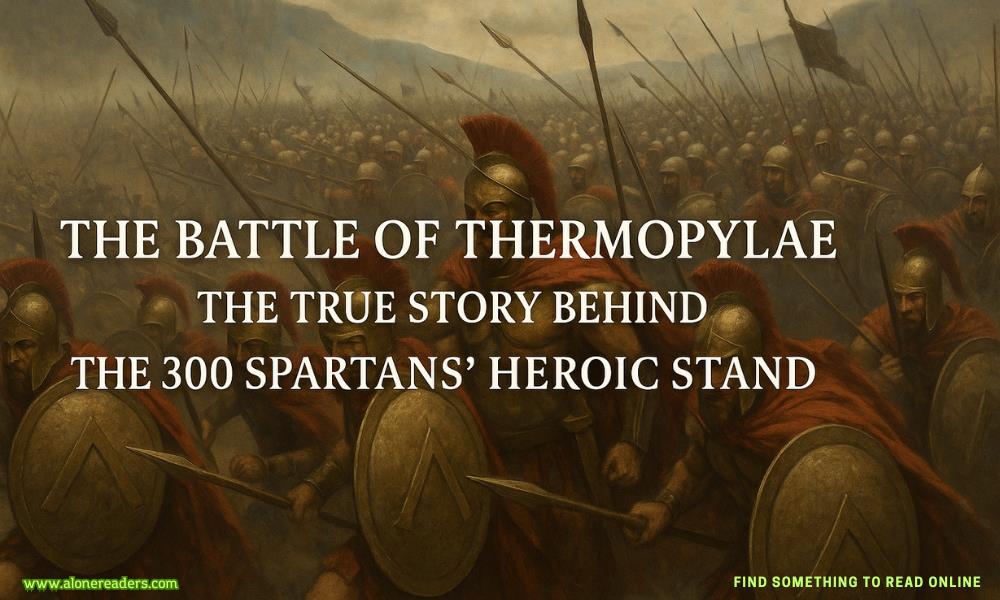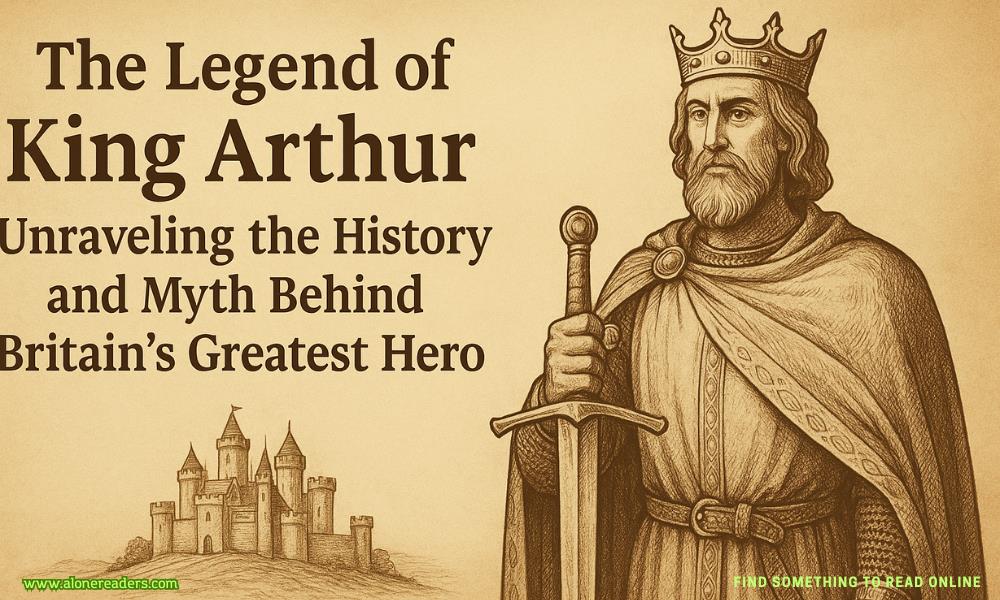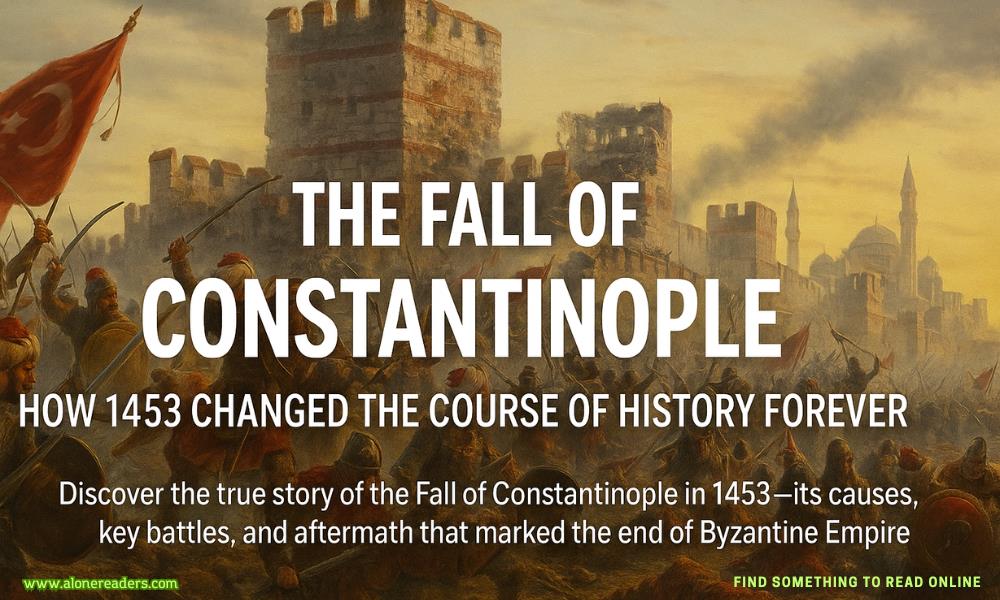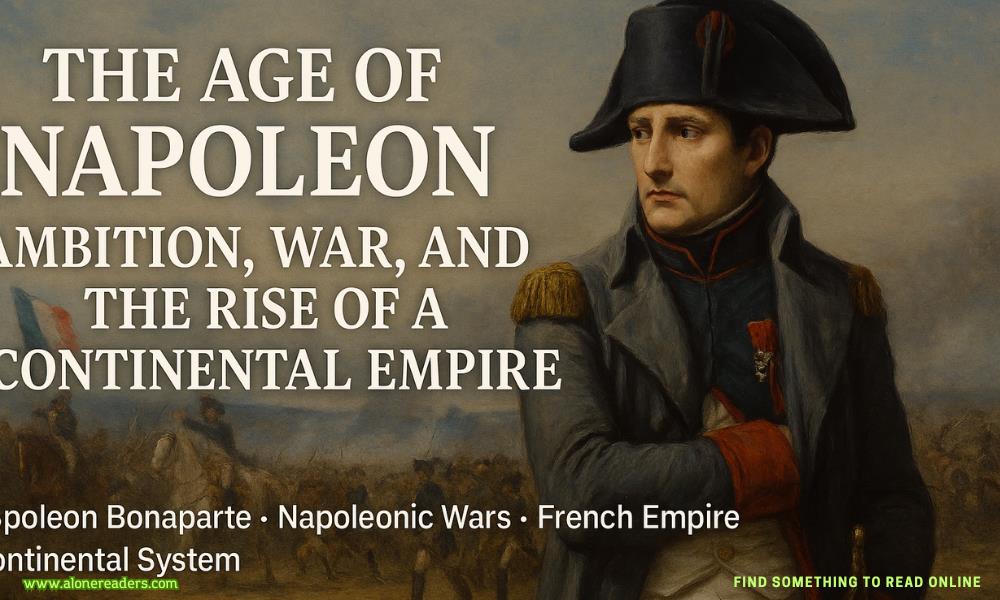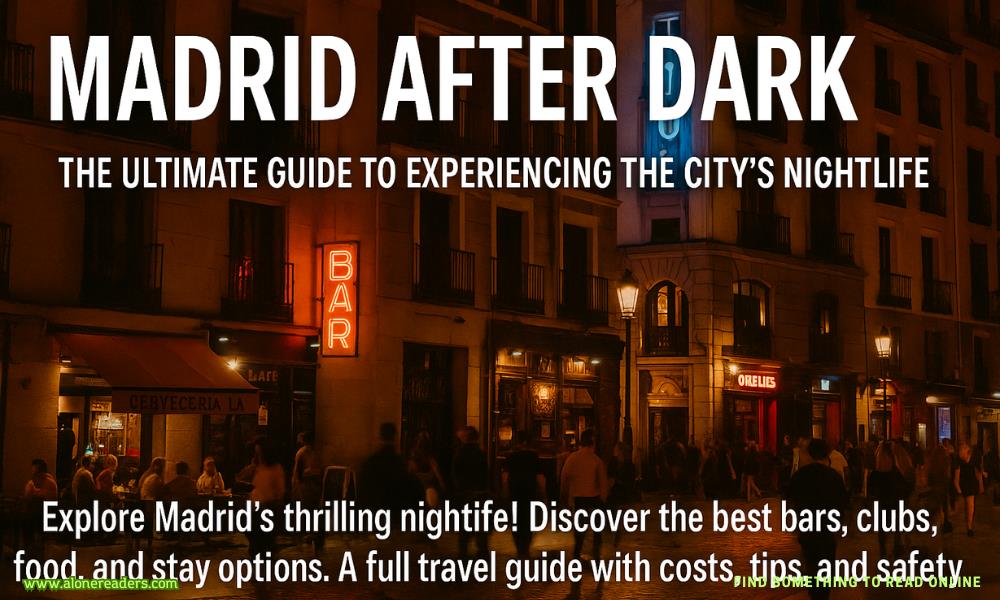Page 45 of Kill Your Darlings
Wendy had heard that the house was sometimes called that because it was in a painting by Philip Derwatt, who’d summered on Goose Neck many years ago. “We did,” Wendy said.
The woman nodded slowly, and Wendy wondered if that was the end of the conversation. But then she said, “I’m Janine. We live in the green house on the corner with the white door. I’d come over and shake your hand, but I have a cold.”
“No worries,” Wendy said, introducing herself and miming shaking a hand from her seated position on the steps. “My husband, Thom, is in his office pretending to unpack boxes.”
“Oh,” Janine said, looking bewildered. “We’ll have you both over soon. My husband, Larry, makes good haddock chowder.”
“We’d like that,” Wendy lied as Janine moved off.
Back in the house, Wendy turned on some lamps and started to tackle the job of putting the dishes away in the kitchen. Before shegot very far, her new cellphone rang. It was her mother, who, after years of almost obsessive independence, was suddenly now calling to check in every other day.
“Hi, Mom.”
“You there, Wendy? I can’t hear you.”
Wendy walked toward the back of the house, where the cell service seemed better, and said hello again.
“Oh, that’s better, sweetheart. How’s the move?”
Wendy told her all about the movers who refused to bring the sleeper sofa up to the second-floor guest room, and the neighbor who just invited her over for chowder, and how Samsa had explored only half the house, refusing to go into the upstairs bedroom and also the downstairs dining room.
“Haunted rooms,” her mother said.
“Looks like it. Do you think you can come visit? You can cleanse the house with sage for me.”
“Oh, you’re funny. Yes, of course I’ll come visit you in your new fancy house. I’ll need to figure out what to do with these dogs, and I’ll have to check in with Bert to see if he’ll feed the chickens. When would be a good time to come? Not winter, I think.”
Wendy told her that summer would be the best time to come, knowing that her mother, who’d moved enough for three lifetimes while she’d been married to Wendy’s father, would find an excuse not to come.
After the call, Wendy returned to the kitchen, but she kept thinking about her mother, and how she was probably never going to leave the small house Wendy had bought her in Wyoming shortly after Bryce had died. And why should she really? She’d spent twenty years married to an unstable man who had dragged her all over the country so that he could fail at life in the highest number of states possible. Wendy felt the same way. It hadn’t been easy moving from their lovely place in Cambridge, but now that she finally had a house by thesea (her lifelong dream), she knew she was never going to leave. She’d most likely die in this house, a thought that comforted her.
She’d unpacked all the dishes they owned and placed them on the marble-topped island. There were far too many, including an incomplete set of Corelle plates with small green flowers along their edges that Wendy suspected came from Thom’s childhood. She repacked those in a box and brought the box out to the garage, where she climbed a stepladder in order to slide it onto the highest shelf behind the workbench. He’d never miss them, never even ask her where they went. And Wendy had a sudden strange thought, imagining Jason, a middle-aged man, finding that box still in its exact same spot after Thom and she were dead. Who knows, maybe they’d be genuinely vintage at that point in time. Maybe they’d be worth something.
2003
The self-addressed envelope arrived in the mail, its return address from Kenosha University Press. It was suspiciously thick, although Wendy still assumed it was a rejection letter. She’d entered her manuscript into Kenosha’s First Book Poetry Prize back in the spring.
Still, as she teared at the envelope, a tiny pulse of hope went through her. The letter began: “Dear Ms.Eastman, We are very pleased to inform you that your manuscript, SPECIFICS OMITTED, has been selected as the winner of 2004’s Jeremiah Hull First Book Poetry Prize.” Wendy stopped reading, suddenly possessed of a mix of competing emotions. She’d wanted this for a while—for no other reason than maybe validation—but now that it had arrived, a sense of trepidation took over.
She went with the letter to her favorite reading chair, which sat by the bay window in the front living room of their second-floor apartment. She read the whole thing. The book would come out in one year, the fall of 2004. She would receive $1,500 and she would be flown out to the university for a book-launch reading at a time to be decided upon. Included with the letter was a three-page contract, plus a print-out of the deciding judge’s citation on why her manuscript had beenselected. It was written by Elizabeth Grieve. Wendy took a breath and read the entire piece.
Specifics Omittedis a remarkable book of poems by a young writer called Wendy Eastman. She is a neo-formalist who uses convention to peel away at layers of understanding. Her lines—usually iambic tetrameter—and her rhymes—often slyly slant—take mundane objects and make them glow like bioluminescence across a nighttime ocean-scape. To quote from “At the Sculpture Park”: “There is a wagered immortality at work/that seems to say: We must not be outshone by trees.” The title poem, coming as it does at the end of the book, posits a world shed of identifiers, and in so doing refutes its own thesis.
By not being specific these poems become overtly specific. By not naming the dark, darkness imbues every word. Eastman is here to tell us that in the realm of her poems the world will reveal itself through the details of nature, through the constriction of form, and through the simplicity and complexity (not a contradiction) of these startling works of art.
Wendy, after reading the short essay, stood and wandered aimlessly through the rooms of the apartment, trying to order her thoughts. There were so many. On the most basic level, a part of her was still processing that she had won a poetry prize and that she was going to be a published author. And she was also processing that ludicrous essay by Elizabeth Grieve, which made her book sound like the second coming ofThe Waste Land. But she had been chosen, hadn’t she? Presumably she was not the only poet to enter this particular contest. And it was even a possibility that Elizabeth Grieve believed what she had written. She found herself back in her chair, rereading the piece.
She stayed seated, now plagued with sheer horror at what she’d just read. In some ways, the judge had understood her perfectly, initself a discombobulating thought, to the point where she saw her poems as confessional in nature, something that Wendy had never intended. Or had she? The very first poem that Wendy had written had been about her time in Mendocino with her aunt Andi back when she was fifteen. She’d described her aunt’s disheveled cottage, the nearby cliffs, the tall pines. She remembered thinking that she should include in her poem the reason she’d been in California but decided against it. And that had been her directive ever since. She’d been appalled when she began to read the poems of her fellow students, all those free-verse confessions that sounded like diary entries that had been chopped up willy-nilly so that they somehow appeared poetic on the page. She’d known at the time that her own poems, with their end rhymes and stanzas and descriptions of nature, must seem equally ridiculous. But she’d stuck to her guns. Well, mostly. She had written one poem about Thom back then, but even then she’d disguised it to make it seem like it was a poem ostensibly about graveyards.
And now she was getting published because a judge believed that she was a confessional poet. Ironic, because she had worked so long to not use the first person in her poetry, to not dissect relationships, to not fall into all those traps that her contemporaries seemed to fall into, with the constant flaying-open of their bodies and lives for public consumption.
She was just starting to read the judge’s citation for the third time when she heard Jason call out to her, having woken up from his nap.
A few hours later Thom called to say that he was on his way back from Boston University and to remind her that he was picking up Indian food.
“I’d forgotten all about it,” Wendy said.
“You mean you’ve cooked us a giant meal?”
- Her Billionaire Boyfriend by Abigail Barnette
- Desperate Temptations by Lila Fox
- Vengeful Pawn by K.L. Donn
- Defending Love by Aleatha Romig
- Playing with Forever by Erika Wilde
- Changing Caleb by J.L. Leslie
- A Touch of Fate by Cora Reilly
- Safe and Sound by Jisa Dean
- That: Taylor & Brooks by C. Monet
- Shades of Scars by January Blue
- Bratva Boss's Secret Baby by Bella King
- My Bratva Dom by Imani Jay
- Cheating the Devil by Samantha Cole
- Luke by Lisa Lovell
- Flying Colors by C.J. Bishop
- Cole by C.J. Bishop
